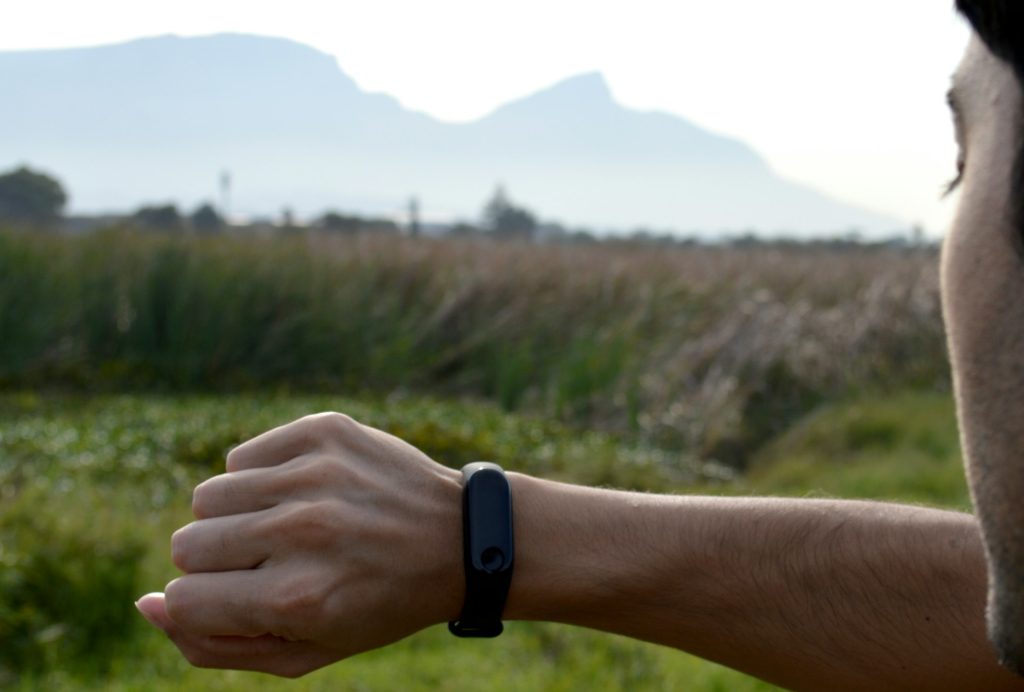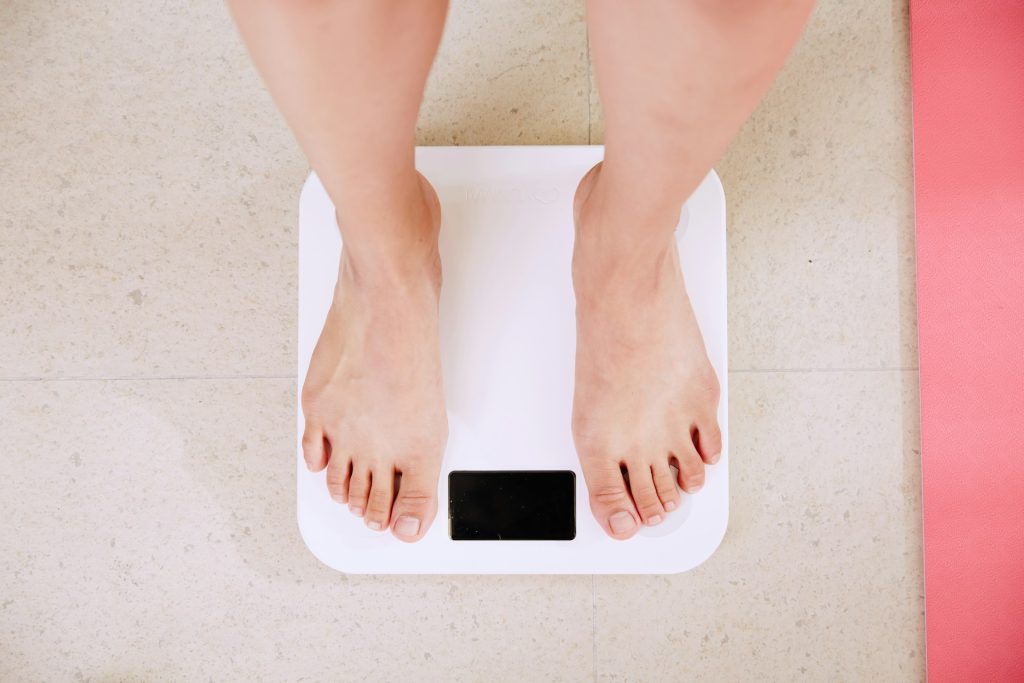As obesity rates continue to surge globally, reaching alarming levels in the past two decades, the fight against this health epidemic intensifies. The adverse consequences, from increased healthcare spending to elevated risks of chronic diseases, demand innovative solutions. In this era of technological marvels, digital health technologies emerge as powerful allies in the war against obesity. From fitness trackers to mental health tech, these tools are transforming the landscape of weight loss. Let’s delve into the arsenal of weapons that digital health deploys against obesity.

The Technological Arsenal: Weapons of Mass Transformation
1. Fitness Trackers
Fitness trackers stand as the front-line soldiers in the digital health arsenal. Devices like Gymwatch and Polar chest straps not only offer exercise insights but also act as personal trainers, monitoring vital signs. Tracking lifestyle data is pivotal for those on a weight loss journey, providing invaluable information and paving the way for personalized strategies.
2. Sleep Trackers
Recognizing the importance of adequate rest, sleep trackers such as Sleep As Android and Fitbit Ionic contribute to holistic weight management. Quality sleep correlates with weight control, making these trackers essential allies. They offer insights into REM cycles and sleep phases, empowering users to optimize their rest for better health.
3. Mental Health Tech
Chronic stress poses a significant barrier to weight loss. Mental health tech, represented by apps like PIP and Headspace, steps in to alleviate stress through meditation and relaxation techniques. By monitoring mental well-being, these tools address a critical aspect of the obesity puzzle.
4. Smart Scales
Smart scales, exemplified by Fitbit Aria 2, go beyond mere weight measurement. They provide a comprehensive view, including BMI, body fat percentage, and lean mass. Understanding the impact of diet and exercise on the body becomes clearer, empowering individuals on their weight loss journey.

5. Food Scanners
Navigating the labyrinth of nutritional information becomes simpler with food scanners like Nima. These devices measure micronutrients and ingredients, aiding users in making conscious and informed dietary choices. In a world flooded with conflicting opinions, these scanners provide clarity.
6. Microbiome Tests
Delving into the intricacies of gut health, microbiome tests illuminate the balance and composition of intestinal bacteria. With companies offering insights and recommendations, individuals gain a deeper understanding of how these microorganisms influence food processing, immune functions, and cognitive processes.
7. Blood Tests
Blood tests, once confined to medical facilities, are now accessible at home through services like imaware. Given the heightened health risks associated with obesity, regular screenings for key markers become crucial. These tests empower individuals to proactively manage their health from the comfort of their homes.
+1. Coaching
In the digital realm, where automation reigns supreme, the human touch remains irreplaceable. Personalized coaching, as exemplified by platforms like Noom, Liva, and HMR, recognizes the individuality of each weight loss journey. Trained health coaches provide support based on factual data and the unique needs of the user.
The Future of Digital Health Against Obesity: Beyond Short-Term Results
Digital health companies, propelled by advancements in behavioral sciences, are redefining their focus. Recognizing the shift from short-term results to sustained lifestyle changes, these platforms aim to understand the nuances, challenges, and goals of users. Beyond technical prowess, the integration of behavioral coaching becomes pivotal for long-term success.
Novo Nordisk’s collaboration with Noom exemplifies the marriage of traditional healthcare expertise with digital innovation. By combining behavior change programs with pharmaceutical knowledge, these partnerships strive to offer a comprehensive approach to obesity management. As AI and behavioral coaching become integral, the cost of treatment is anticipated to decrease, fostering increased access and anonymity in care.

The battle against obesity requires a multi-faceted approach, blending traditional treatments with cutting-edge digital tools. As individuals increasingly take charge of their health, the guidance provided by digital health technologies becomes indispensable. The future holds promise, envisioning a decline in obesity rates through sustained lifestyle changes supported by the amalgamation of traditional care and innovative digital solutions. The journey is challenging, but with the right support, the prospect of a healthier, balanced life becomes increasingly attainable.





